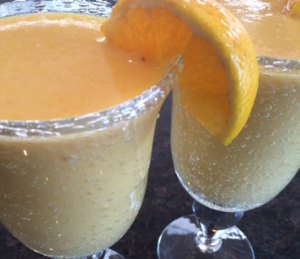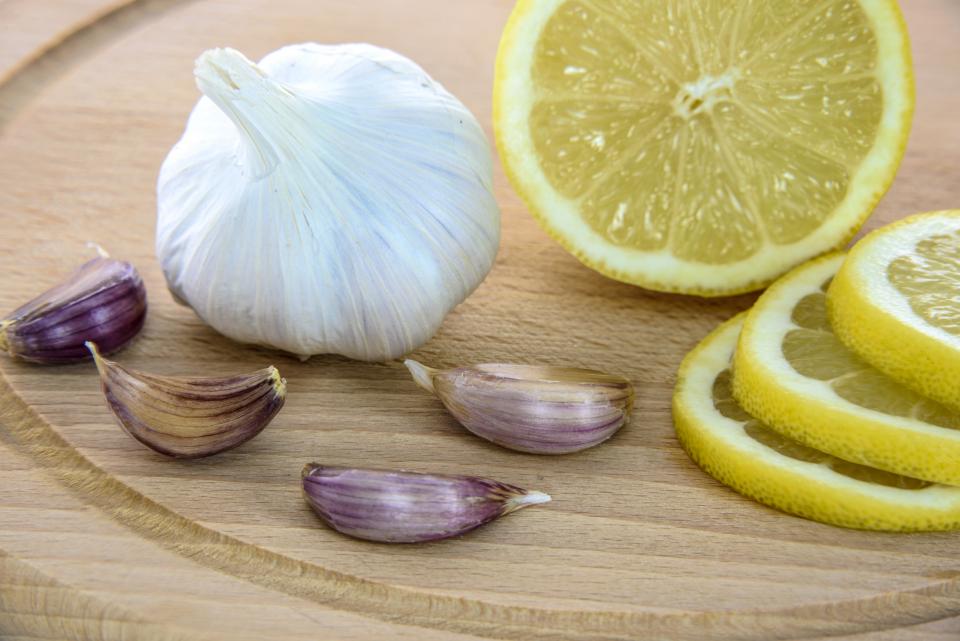Vitamin C is probably the most well-known nutrient for the immune system. It is a water-soluble vitamin (like B complex vitamins) that cannot be stored in the body, therefore, must be consumed on a daily basis. Vitamin C is found in kiwifruit, capsicum, tomato, broccoli, berries and citrus fruit. Eat plentiful fresh fruit and vegetables during winter to support your immune system. Start your morning with freshly squeezed lemon juice in hot water.
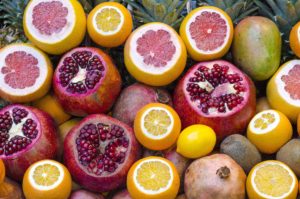
Vitamin A is an essential vitamin for immune function. It is found in cod liver oil, liver, eggs, butter and full fat dairy products. Beta carotene is a carotenoid that is converted into vitamin A in the body (although vitamin A is more easily absorbed from animal foods than plant foods). Beta carotene is found in orange, yellow and green vegetables. For a list of these coloured foods, check out my blog ~ Eat a Rainbow.

Zinc is the most important mineral for immunity. The richest food source is oysters, followed by seafood, red meat and pumpkin seeds. Zinc absorption from nuts, seeds, grains and legumes is reduced by phytates/phytic acid. These enzymes inhibitors are plant constituents that prevent germination. Soak and sprout/activate plant foods to increase mineral absorption of zinc, iron, calcium and magnesium.
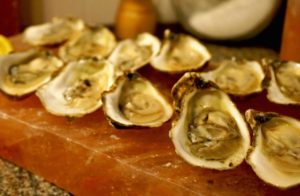
Echinacea has been popularised for immune support and it is one of the most well-known Herbal Medicines for this reason. It does not need to be taken as a preventative. Echinacea is most effective taken in high doses at the onset of a cold or flu. Echinacea is known to reduce the severity, duration and symptoms of colds and flu. A Naturopath/Herbalist can prescribe Echinacea in an appropriate dose, alongside individualised recommendations. Check out my Winter Wellness Tonic.
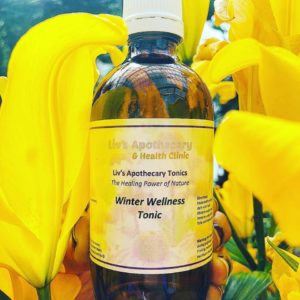
Garlic is extremely antibacterial. It was named “nature’s penicillin” in 1858 by Louis Pasteur, the father of pasteurisation. It was used during World War I and II as an antiseptic for gangrene. Garlic can be eaten fresh, dried or taken in supplemental form to minimise the unwanted side effects. It is also known to reduce the severity, duration and symptoms of colds and flu. Raw garlic is more beneficial, if you can handle the pungency.
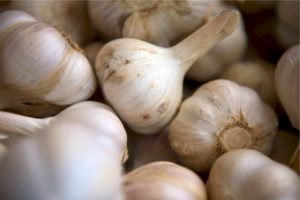
Ginger is antibacterial and a circulatory stimulant which warms the body during winter. Many people who drink fresh vegetable juice during winter, add ginger to warm them up. Ginger can be taken fresh, dried or as tea. Children may prefer crystallised ginger or ginger lollies, which still contain a reasonable amount of ginger. Add a pinch of freshly grated ginger to your lemon juice and hot water in the mornings.
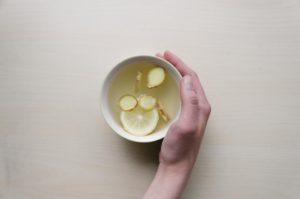
Probiotics are beneficial bacteria that colonise in our large intestine. They play a large role in immunity because 80% of our immune system is found in our gut. People who suffer from allergies, hay fever and eczema may all benefit from probiotics to support their immune system. As Hippocrates, the father of Western Medicine said, “All disease begins in the gut.” For a list of probiotics, check out my blog ~ Probiotics and Prebiotics.
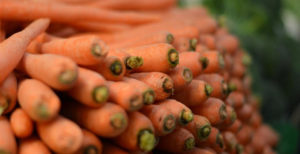
Manuka honey is strongly antibacterial and contains many beneficial nutrients. Ensure that the honey is raw/unpasteurised so it contains the live enzymes that would otherwise be destroyed by heat. Honeycomb containing edible beeswax is the purest form, and if you can source it with bee pollen (usually removed) still present this is more beneficial. Add ¼ – ½ teaspoon of Manuka honey to your lemon and ginger drink every morning.
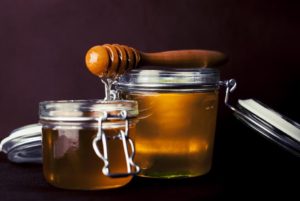
Bone broth is rich in an amino acid called glutamine, which is supports the growth and repair of our small intestinal lining. Gut health and immune health go hand-in-hand. Drink 1 warm cup per day or add it to soup as stock. Preferably make it from organic animal bones, as animals store toxins in their bones. Or it can be purchased from health food stores, as it is time consuming to make from scratch as it required about 24 hours of simmering.
My daily winter prescription for strong immunity…
- Lemon juice, freshly grated ginger and Manuka honey drink every morning before breakfast. Drink this 2-3 times per day if you have a cold or flu.
- 2 high vitamin C fruits e.g. lemon, orange, mandarin, grapefruit, kiwifruit or pineapple (supplement with 1,000-2,000mg per day for an extra immune boost).
- 1 teaspoon of cod liver oil with vitamin D (I take 2 teaspoons per day all year around).
- 1 high vitamin A food e.g. egg, butter or full fat dairy – preferably organic and unhomogenised, raw/unpasteurised is best if it is available to you.
- 20-25mg of a zinc supplement or a supplement containing zinc. Zinc sulphate drops can be added to water – I recommend 10-15 drops (1 drop = 1mg) in each water bottle or 5 drops per glass of water.
- 1 raw clove of garlic (if desired!) or use in cooking.
- 1 fermented food for probiotics e.g. kefir (milk, water or coconut), sauerkraut, kimchi, yoghurt, miso, tempeh, aged cheese, kombucha or a supplement.
- 1 cup of bone broth. Chicken broth is more palatable than beef broth on its own, or use as the base for soups.
- My Winter Wellness Tonic or Echinacea at the onset of a cold or flu.
- Check out my Immune Boosting Smoothie.
